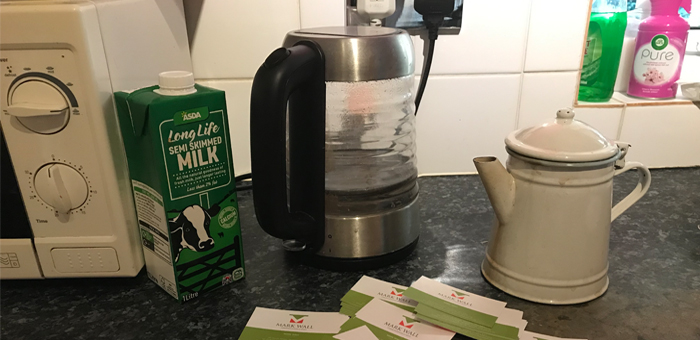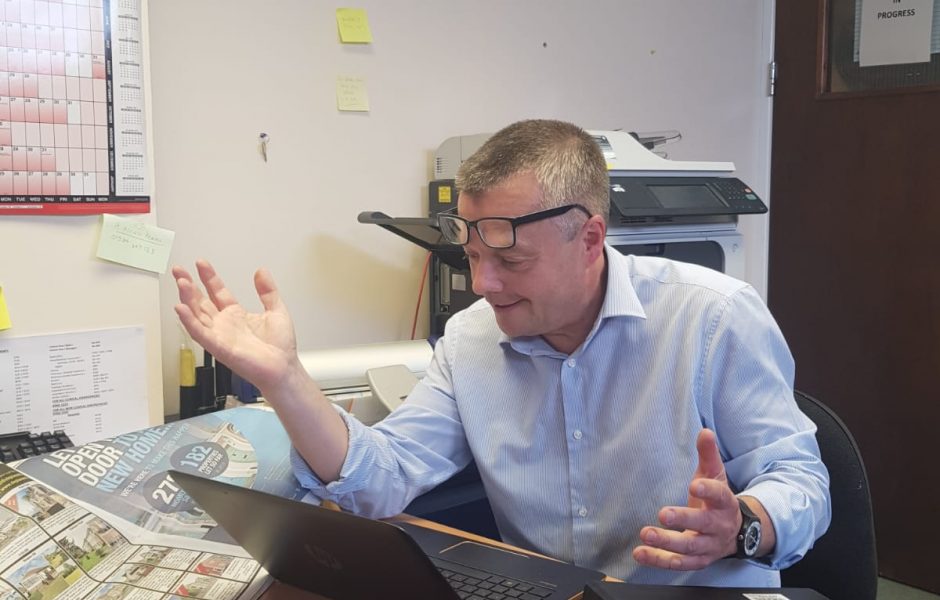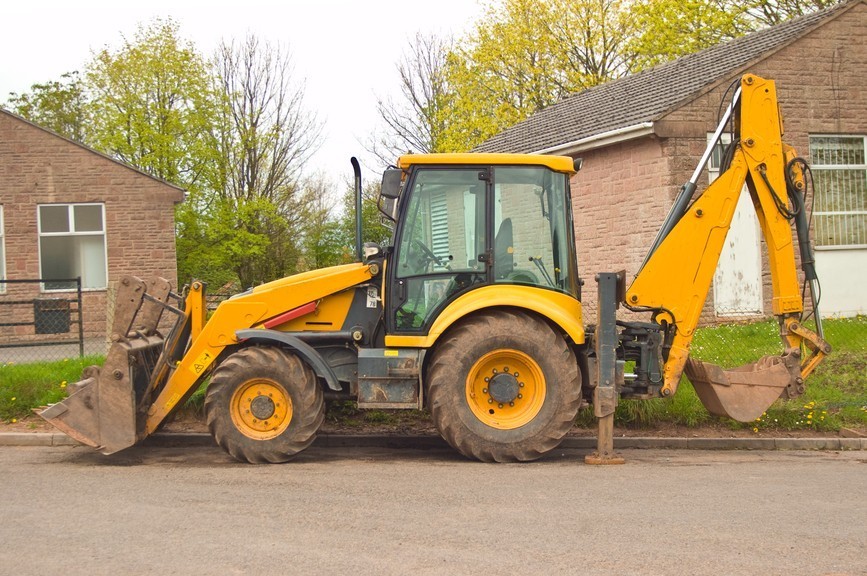Apparently who you know is far more influential in your career than what you know.
A report by the Harrison Centre for Social Mobility studied the careers of over 2000 people and asked them to identify the biggest factor in getting promoted. “Who you know” came out on top with 37%, with “Work Ethic” and “Talent” floundering on 26% and 21%. “Making decent tea” and “flirting at the Christmas do” were nowhere to be seen. Which is a shame as I make a quality brew.
The former Education Secretary Justine Greening said that the results were “shocking”. Really? I doubt many people would have been surprised. Networks are the thing these days; I’m not sure cold calling works any more.
Now don’t get me wrong, I’m as opposed to nepotism as the next person (my dad told me to say that…). People should, of course, get promoted because they can do the job well and deliver what’s needed. But there are probably loads of people who can do the job well and deliver what’s needed – the trick for an employer is to find them.
And for those of us looking for work, being known is one of the most important skills. No one will employ us if they don’t know who we are or that we even exist; whereas if they are aware of what we have done, then when an opportunity arises we might just float to the front of their minds.
PR is not just a corporate necessity, it matters to us individually. We all need to make sure that our audiences know our key messages and the benefits we can bring.
How do we do this? Well, there is no secret; it’s all about keeping in touch with people who matter. Not harassing them with weekly emails but the occasional (every six months is my rule) note asking their advice on something or drawing their attention to something you have done. I never ask people to meet up so they can give me work – they will feel pressurised and used and will make excuses. But if I ask to meet up so I can pick their brains about what’s going on in their sector, then nine times out of ten they’re happy to drink my coffee. This doesn’t lead to immediate work but it does mean that I am in their minds when work does need commissioning.
Not a fool proof method, and certainly not a detailed CRM, but the best I have managed to come up with, and its kept me going for the last 8 years in business.
So don’t rely on advertising or whizzy websites alone; make sure you keep in touch and do the personal PR.
Coffee?






